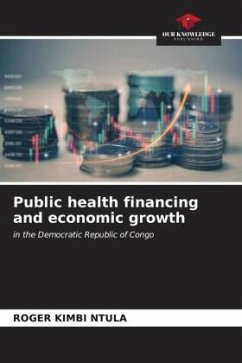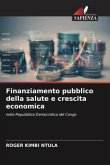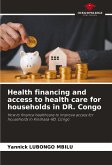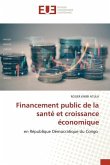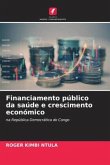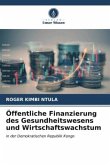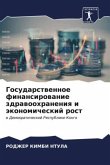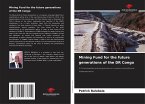A country's economic development is jeopardised when the health of its working population is impaired. The enjoyment of the highest attainable standard of health is a human right that can be achieved through personal health expenditure, public expenditure or public policies designed to promote and protect health. The improvement in a country's health could therefore be the result of the weight of its public spending on health and the evolution of its economic growth. Public spending on healthcare has to be kept under control in a restrictive budgetary context. The management of the healthcare system then gives rise to a reflection on the place given by society to health because, under severe budgetary constraints, public decision-makers have to make trade-offs between different areas of expenditure: defence, justice, security, infrastructure, sport, etc. The main aim of this study is to assess the impact of public spending on health on economic growth in the DRC, highlighting itseffectiveness.
Bitte wählen Sie Ihr Anliegen aus.
Rechnungen
Retourenschein anfordern
Bestellstatus
Storno

